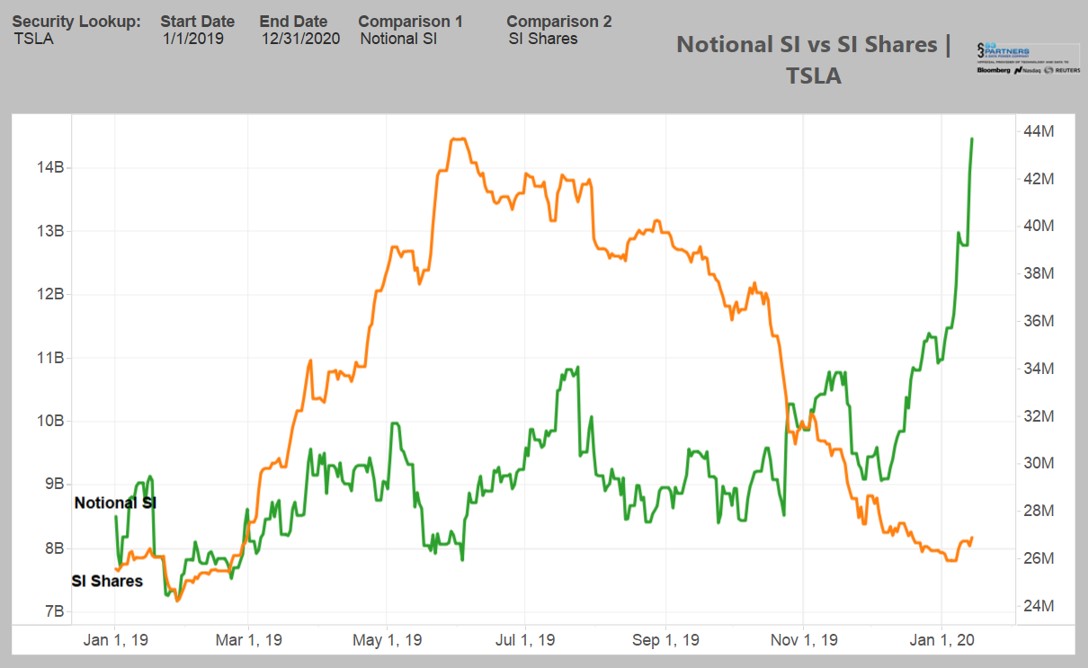No*, from what I read online and what I was told by ETrade. For tax purposes, the date the option is exercised is what counts. The cost of the call option is added to the cost of the stock to determine your cost basis.
*I am not a tax expert or accountant.
Correct. I had double checked this with my accountant before exercising a call option a while ago.



